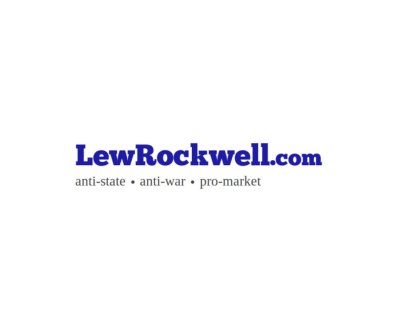Today’s Migrants Are Just like Your Immigrant Great-Grandparents
“Sometimes I dream that I’m back there, crossing that river or back in the jungle. All those things haunt me,” recalls Giranny Colmenares of her journey to the United States.
She and her three children fled chaos and hunger in Venezuela—a nation destroyed by the socialist strongman Hugo Chávez. When her mother died from a brain tumor and couldn’t get treatment, she decided she needed to leave before the next calamity.
In New York City, Colmenares finally found a semblance of security, and she received support from the non-profit Una Carta Salva Una Vida. “At least [in the U.S.], you can go out somewhere and find something to eat. In Venezuela, no. If you didn’t have anything, you had nothing. You couldn’t ask a neighbor, a cousin—no one. No one was going to help you,” says Colmenares.
New York City was once known as the “Golden Door” because of its long history of welcoming immigrants like Colmenares. Nearly 40 percent of Americans have at least one ancestor who entered the U.S. through the city. However, today’s migrants may be shut out and deported, a humanitarian tragedy that would profoundly damage the U.S. economy.
Since taking office, President Donald Trump has been signing executive orders to close the door to new immigrants, fulfilling his campaign promise to conduct the largest domestic deportation operation in American history. Trump has indefinitely suspended the refugee resettlement program, canceling thousands of flights and leaving 22,000 approved refugees stranded. He ordered the termination of Temporary Protected Status (TPS), potentially affecting the legal status of over 1.2 million people. He also ended the CHNV Parole Program, which allowed over 530,000 migrants from dangerous countries to legally travel and work in the United States. And he shut down the CBP One app, which allowed migrants to schedule asylum screening interviews at U.S. ports of entry.
Trump has also expanded expedited removal, enabling faster deportations of undocumented immigrants unable to prove two years of residency. And he issued an executive order attempting to end birthright citizenship for children born after February 19, 2025, which a federal judge blocked with a nationwide injunction.
“The difference [with past immigration waves] is essentially that we no longer have the rule of law,” Simon Hankinson, a senior research fellow in the Border Security and Immigration Center at the right-wing Heritage Foundation told Reason.”We had very few restrictions on immigration in the 18th century, but they were always decisions made by the host country….Countries have a right to determine who comes into the country and what we’ve what’s changed is that in the past few years, the rule of law no longer applies at the border.”
Hankinson compared crossing a national border without documentation to walking into someone’s living room uninvited.
This is a bad analogy. The government doesn’t own the country. The bedrock of liberalism is that the state doesn’t have a moral right to interfere with voluntary transactions between consenting adults that don’t harm anyone else. Immigrants are desperate to work for American companies, and American companies are desperate to hire them.
“The most important reason for illegal immigration is the fact that the legal immigration system is so constrained,” says David J. Bier, director of immigration studies at the libertarian Cato Institute. “For most people who are trying to come to the United States, the legal immigration system is effectively closed off to them.”
Juan Pio, executive director of Plan País, a nonprofit that supports Venezuelan immigrants, says that most migrants he has encountered aren’t looking for hando
Article from Reason.com

The Reason Magazine website is a go-to destination for libertarians seeking cogent analysis, investigative reporting, and thought-provoking commentary. Championing the principles of individual freedom, limited government, and free markets, the site offers a diverse range of articles, videos, and podcasts that challenge conventional wisdom and advocate for libertarian solutions. Whether you’re interested in politics, culture, or technology, Reason provides a unique lens that prioritizes liberty and rational discourse. It’s an essential resource for those who value critical thinking and nuanced debate in the pursuit of a freer society.



